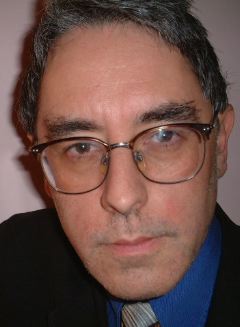Wikipedia 2
Looking at the Service Engineering Vendor category in Wikipedia, I noticed that there was no entry for Cape Clear, so I added one and was immediately challenged by one of the Wikipedia editors - was Cape Clear "notable"? A quick Google search produced a handful of newspaper articles and independent analyst reports, which appears to be enough to satisfy the notability criterion.
Several other SOA companies were challenged, including IONA. Some are still under threat, and two companies (Polar Lake and Layer 7) have been deleted from Wikipedia altogether. At least for the time being.
A number of SOA companies have disappeared in the last couple of years, through merger and acquisition. But the small companies often yield interesting and exciting innovations, and it would be a great pity if Wikipedia is biased towards the large companies .
Update: the Service Engineering categories have now also been removed from Wikipedia.
Several other SOA companies were challenged, including IONA. Some are still under threat, and two companies (Polar Lake and Layer 7) have been deleted from Wikipedia altogether. At least for the time being.
A number of SOA companies have disappeared in the last couple of years, through merger and acquisition. But the small companies often yield interesting and exciting innovations, and it would be a great pity if Wikipedia is biased towards the large companies .
Update: the Service Engineering categories have now also been removed from Wikipedia.
Labels: SOA Wikipedia



